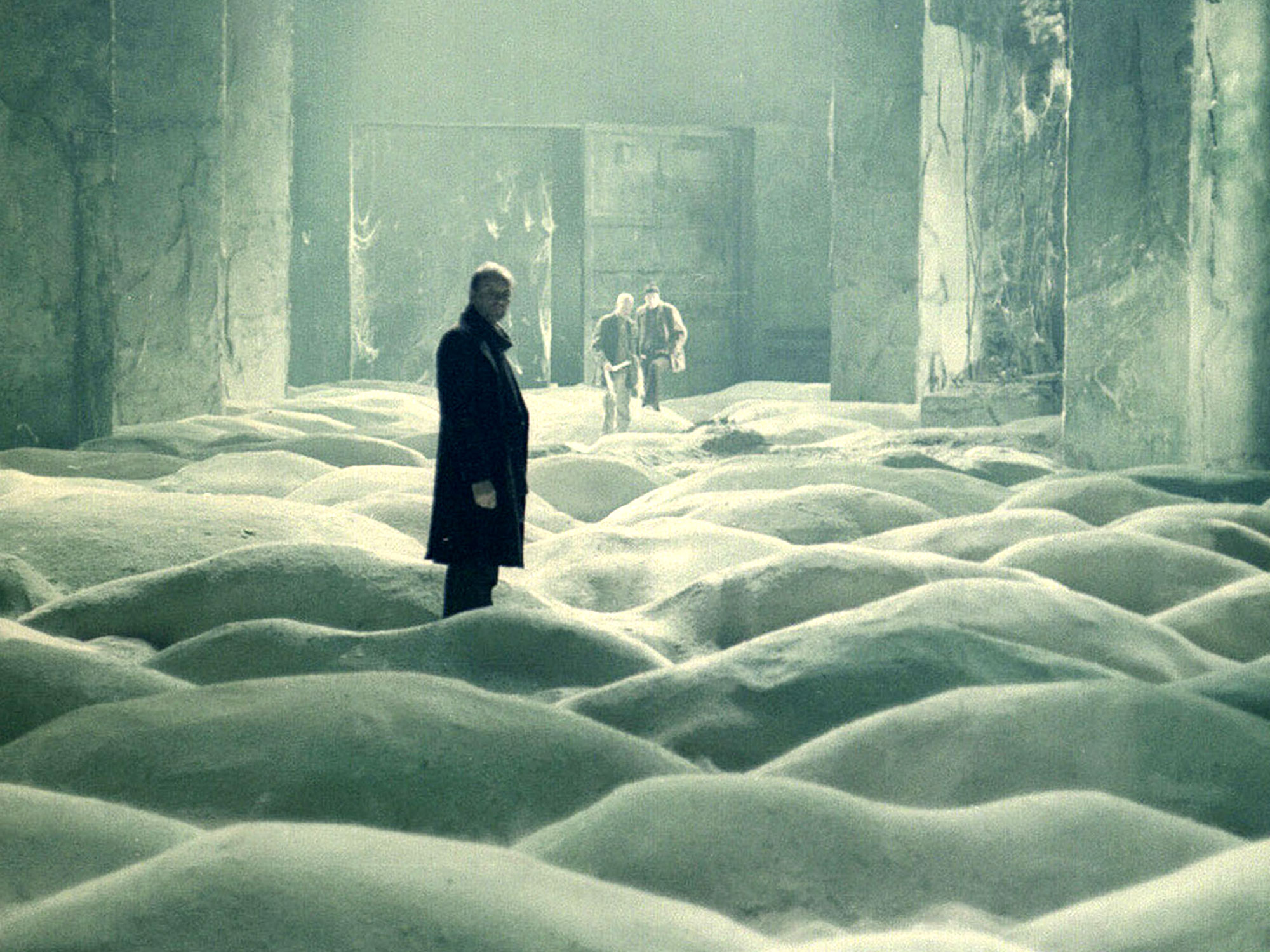Andrei Tarkovsky, the Russian filmmaker, writer and film theorist, is widely considered to be one of the most stylistically creative filmmakers of all time. Famed for his unconventionally long takes, Tarkovsky honed in on what is known as ‘slow cinema’ with his artistically poetic imagery: “All art, of course, is intellectual, but for me, all the arts, and cinema even more so, must above all be emotional and act upon the heart,” Tarkovsky himself once said.
Not short of admirers, Ingmar Bergman went so far as to say: “Tarkovsky for me is the greatest [director], the one who invented a new language, true to the nature of film, as it captures life as a reflection, life as a dream.”
The great Akira Kurosawa, who many consider being one of the greatest filmmakers in the history of cinema, once said: “I love all of Tarkovsky’s films. I love his personality and all his works. Every cut from his films is a marvellous image in itself.”
Despite the wide-ranging number of directors who have all been inspired by Tarkovsky’s’ work, the Russian filmmaker was never shy to celebrate the work of his colleagues who helped share his creative vision. While sitting down with film critic Leonid Kozlov in 1972, Tarkovsky created a handwritten note of his 10 favourite pictures. “It was at this point that I asked Tarkovsky if he would compile a list of his favourite ten or so films,” Kozlov noted on reflection. “He took my proposition very seriously and for a few minutes sat deep in thought with his head bent over a piece of paper.
“Then he began to write down a list of directors’ names—Buñuel, Mizoguchi, Bergman, Bresson, Kurosawa, Antonioni, Vigo. One more, Dreyer, followed after a pause. Next, he made a list of films and put them carefully in a numbered order. The list, it seemed, was ready, but suddenly and unexpectedly Tarkovsky added another title—City Lights.”
With the likes of Ingmar Bergman, Akira Kurosawa, Charlie Chaplin and more, see the full list, below.
Andrei Tarkovsky’s 10 favourite films:
- Diary of a Country Priest – Robert Bresson, 1951.
- Winter Light – Ingmar Bergman, 1963.
- Nazarin – Luis Buñuel, 1959.
- Wild Strawberries – Ingmar Bergman, 1957.
- City Lights – Charlie Chaplin, 1931.
- Ugetsu Monogatari – Kenji Mizoguchi, 1953.
- Seven Samurai – Akira Kurosawa, 1954.
- Persona – Ingmar Bergman, 1966.
- Mouchette – Robert Bresson, 1967.
- Woman of the Dunes – Hiroshi Teshigahara, 1964.
“The reason for this is simply that Tarkovsky saw the cinema’s first 50 years as a prelude to what he considered to be real film-making. And though he rated highly both Dovzhenko and Barnet, the complete absence of Soviet films from his list is perhaps indicative of the fact that he saw real film-making as something that went on elsewhere. When considering this point, one also needs to bear in mind the polemical attitude that Tarkovsky became imbued with through his experience as a filmmaker in the Soviet Union.
“For Tarkovsky, the question lay not in how beautiful a filmmaker’s art can be, but in the heights that art can reach.”


No comments:
Post a Comment